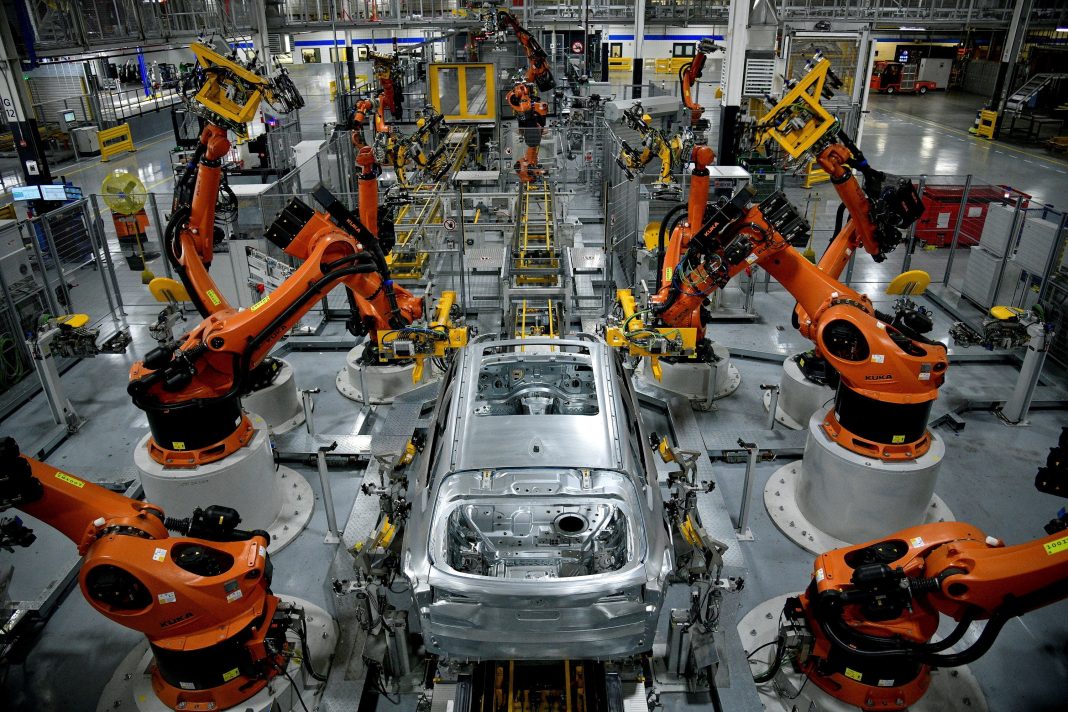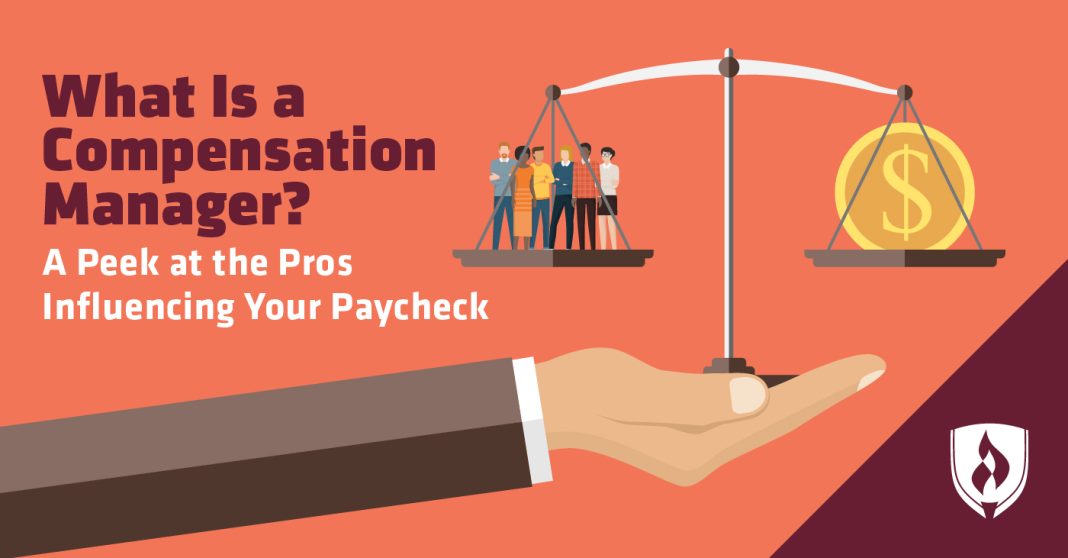 Title: China’s Interest Rate Cuts: Temporary Relief for a Struggling Economy
Title: China’s Interest Rate Cuts: Temporary Relief for a Struggling Economy
Introduction:
In a bid to revive its faltering economy, the People’s Bank of China (PBOC) has recently implemented a series of interest rate cuts. While these measures aim to provide temporary relief, they may exacerbate long-term issues. China’s economic growth forecast has already been downgraded due to the limited immediate economic relief provided by the CCP’s “Third Plenum” goals. To understand the implications of the rate cuts, we will explore their impact on different sectors and how they may affect foreign countries.
Interest Rate Cuts to Stimulate Borrowing and Spending:
The PBOC has reduced key interest rates to make loans more affordable and stimulate borrowing and spending. Specifically, the five-year Loan Prime Rate (LPR) for mortgages was cut by 10 basis points to 3.85 percent, and the one-year LPR was lowered to 3.35 percent. Additionally, the central bank decreased the seven-day reverse repo rate and overnight rate to inject more liquidity into the banking system. These measures aim to enhance banks’ capacity to trade more assets, potentially increasing overall economic activity.
Impact on the Real Estate Sector:
The rate cuts may provide immediate relief to the struggling real estate sector. Many developers are facing financial distress, leaving numerous unfinished apartments and eroding consumer confidence. By making borrowing cheaper for developers and homebuyers, the PBOC hopes to boost investor confidence and encourage more investment in real estate. However, high home prices in China may hinder a significant increase in house purchases, leaving property firms with large amounts of debt and potentially distressed loans.
Effects on the Global Economy:
The rate cuts will have mixed impacts on the United States and other foreign countries. Lower interest rates in China might prompt investors to shift their capital to markets with higher yields, such as U.S. Treasury securities. However, since the yuan accounts for less than 3 percent of global foreign currency reserves, a weaker yuan and lower interest rates may discourage central banks from increasing this percentage. This could slow the internationalization of the yuan and hinder China’s economic goals.
Foreign Direct Investment (FDI) and Economic Uncertainty:
FDI in China has been declining, with a shift towards the United States due to higher returns and a more stable investment environment. The recent interest rate cut by the PBOC may further discourage FDI, as it signals potential economic weakness and the risk of deflation. This combination of cheaper investment opportunities and economic uncertainty may create mixed reactions among foreign investors.
Limitations of Rate Cuts:
While the PBOC’s interest rate cuts align with the CCP’s efforts to stimulate growth and address structural economic issues, they are unlikely to save China’s economy on their own. High debt, an aging population, and a struggling real estate sector pose significant challenges that require more than just monetary adjustments. Weak consumer and business confidence, along with global economic factors such as trade tensions, also hinder recovery. Rate cuts can provide temporary relief by lowering borrowing costs and encouraging spending, but long-term solutions are needed.
Conclusion:
China’s recent interest rate cuts by the PBOC aim to provide temporary relief to a struggling economy. While they may stimulate borrowing and spending in the short term, they cannot address the structural challenges and weak confidence that hinder China’s economic growth. The implications of these rate cuts extend beyond China’s borders, affecting foreign countries’ investment decisions and the internationalization of the yuan. As China navigates its economic challenges, a comprehensive approach that addresses both monetary and non-monetary factors will be crucial for sustained growth.


